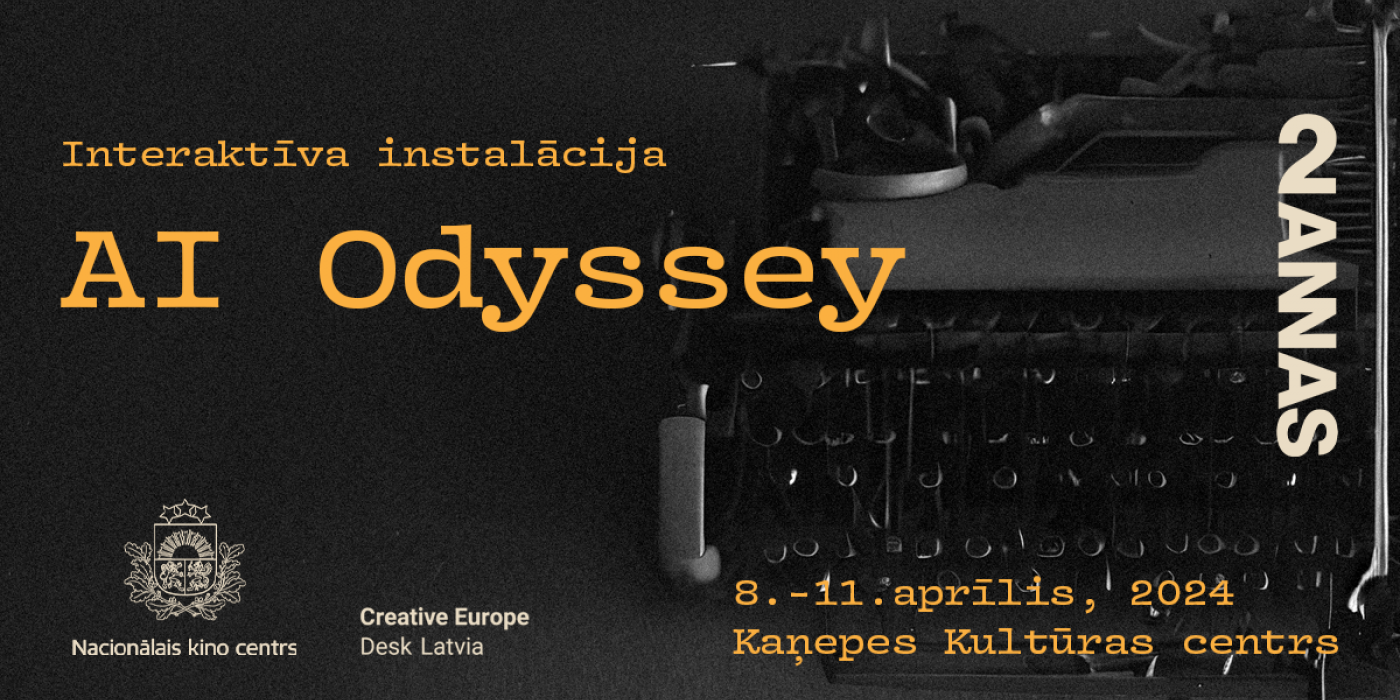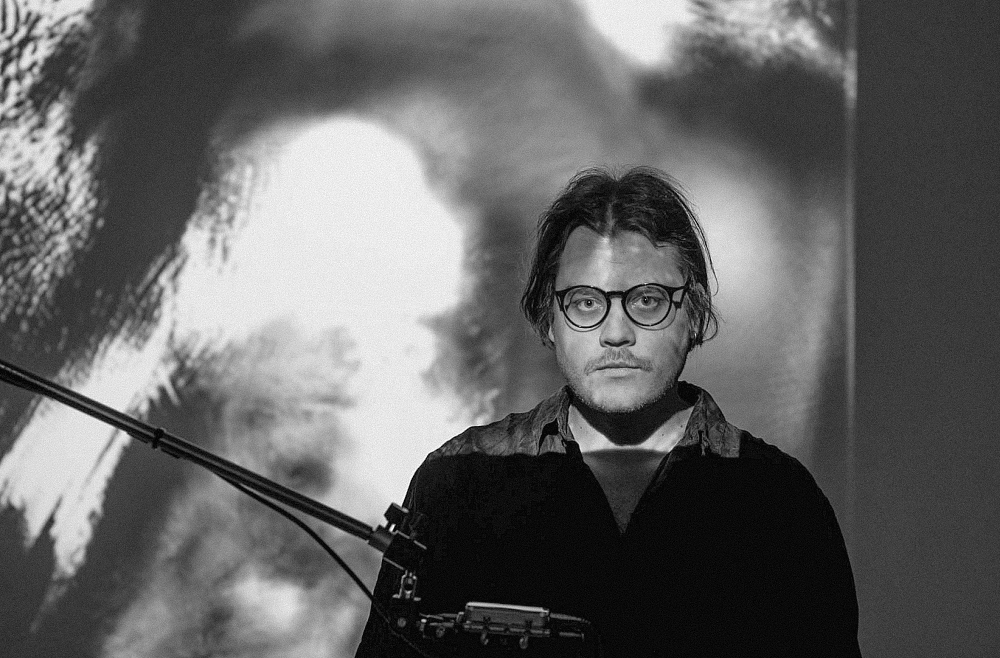Interactive installation "AI Odyssey"

The increasing use of artificial intelligence (AI) in film production has made it a significant topic of discussion within the global film community. To encourage festival visitors to actively participate and explore the extent of human involvement in the creative process of AI, as well as to investigate whether AI inhibits or promotes creativity, the new media artist Jurģis Peters has created an interactive installation "AI Odyssey." Every festival attendee will have the opportunity to create their own short film script in collaboration with AI.
The interactive installation was created as a homage to the iconic black monolith featured in director Stanley Kubrick's film 2001: A Space Odyssey. In the movie, a monolith placed on Earth by an ancient civilization serves as the catalyst of the evolutionary process. Similarly, today AI is often perceived as a catalyst for further human advancement, the direction of which remains uncertain.
Peter's installation, utilizing the sculptural likeness of the black monolith, symbolizes both unparalleled creative freedom and, simultaneously, evokes connotations of a tombstone. This juxtaposition prompts contemplation on authorship and human creativity, particularly as generative AI increasingly encroaches on various creative domains.
The art installation will be unveiled to the public on Monday, April 8, at 18.00 and will be available to all visitors of the Kaņepes Kultūras centrs until the end of the festival.
AUTHOR

Jurģis Peters is a new media artist and researcher currently based in Helsinki, Finland. He mainly focuses on visually exploring the societal impact of new technologies, particularly artificial intelligence (AI). He believes in a future of collaborative creation between humans and AI, but also emphasizes the importance of critical reflection on its consequences. In an attempt to see from both perspectives, the author uses new technologies to speculate on future scenarios and human roles within them, aiming to consider both the potential and risks of technological adoption.
Jurģis is currently a PhD student and researcher in Tampere University Doctoral Programme of Humans and Technologies. He also has graduated from the Art Academy of Latvia with a Master's degree in Audiovisual Arts, as well as from the University of Birmingham (UK) with a Master's degree (MSc) in Cyber Security and a Bachelor's degree (BSc) in Digital Media Technologies.
2ANNAS Industry Days are organised with the support of the National Film Centre and the Creative Europe MEDIA Desk in Latvia.

